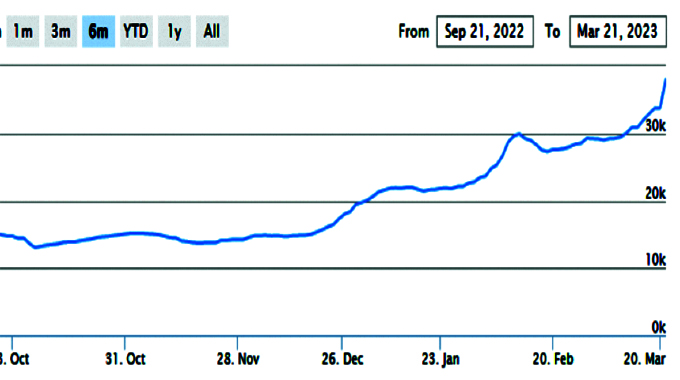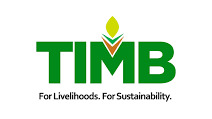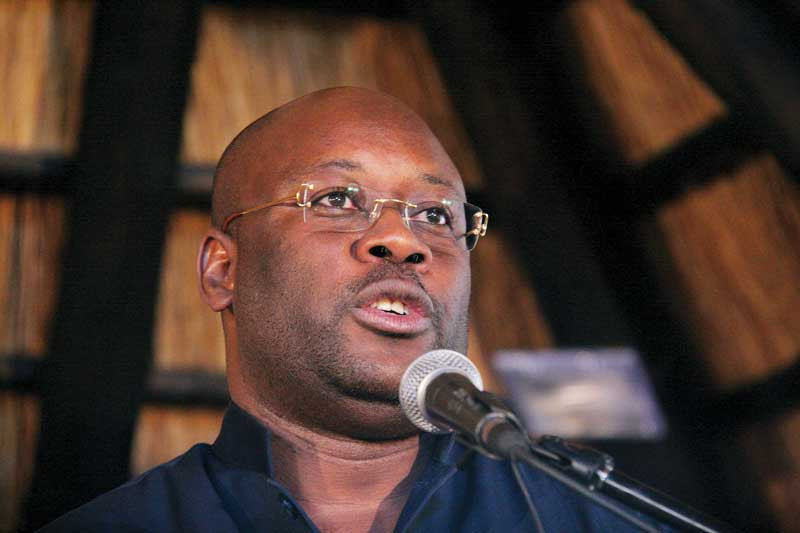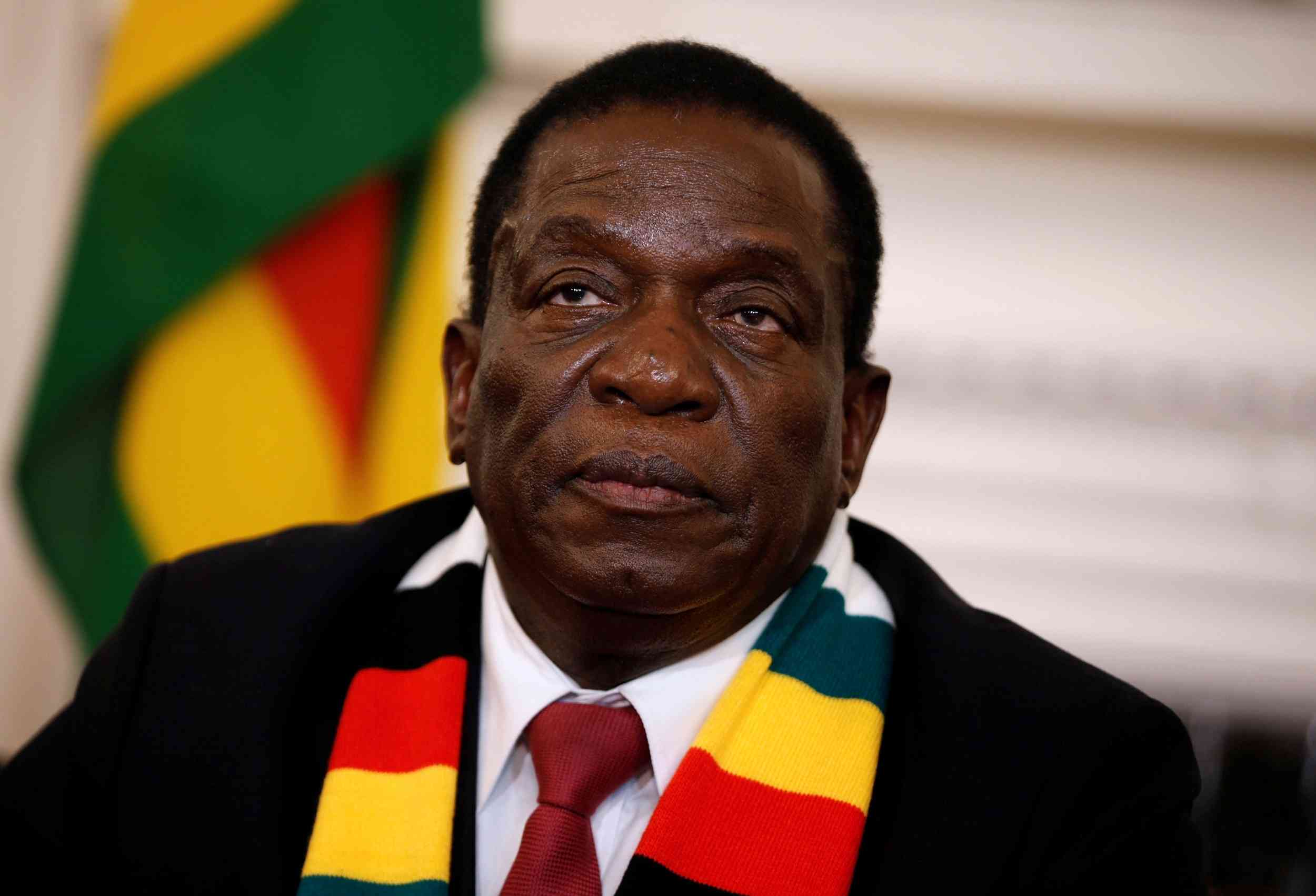Source: Govt matched civil servants salary demands | The Herald
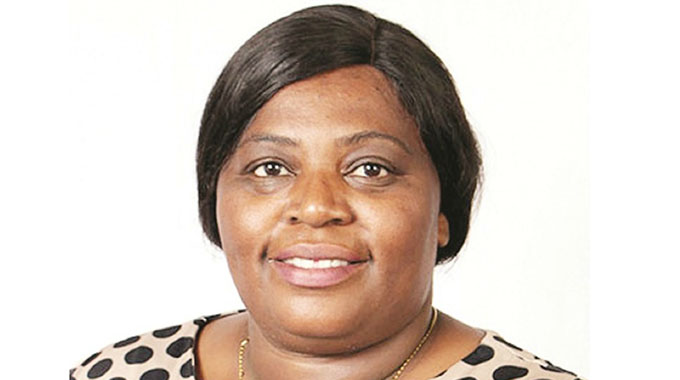
Blessings Chidakwa
Herald Reporter
The latest 100 per cent pay increase for civil servants is a match of the tabled proposal from workers during their National Joint Negotiating Council, the umbrella forum for discussions on pay and conditions of service within public service.
However, there are only three sticking issues under negotiation including the introduction of a US$30 clothing allowance, extending the teachers’ US$80 allowance to all sectors and aligning the effective pay date across the board.
The government awarded civil servants a 100 per cent salary increment, and reviewed the Covid-19 allowance which went up from US$200 to US$250 for all civil servants excluding those in the health sector.
Teachers were also offered an additional US$80 monthly teaching allowance with Government pensioners’ cushioning and Covid-19 allowance having been reviewed from US$90 to US$100.
Speaking after the third meeting of the round of salary negotiations with the Government yesterday, Zimbabwe Confederation of Public Sector Trade Union chairperson Mrs Cecilia Alexander said workers remain hopeful of the negotiations.
“Initially Government had proposed US$220 for Covid-19 and cushioning allowance and we pushed for US$250.
“On the Zimdollar component the Government wanted a 50 percent increment, but we pushed for 100 percent and on the teaching allowance the Government had offered US$50, but we pushed for US$80,” she said.
Mrs Alexander said despite the unresolved issues they remain optimistic.
“We remain committed to reaching an agreement once the sticking matters are conclusively favourably resolved. Our hope is as soon as possible,” she said.
In a statement, ZCPSTU president Mrs Alexander said a ‘few’ sticking issues unresolved are that effective date for the education sector and rest of the civil service be aligned to other sectors which have already been paid in February.
“The Government proposal to pay the education sector and the rest of the civil service in April has been totally rejected.
“In the same vein our demands on the clothing and US$80 which is inflation adjusted for the rest of the civil service should be considered,” she said.
Zimbabwe Nurses Association President Mr Enock Dongo yesterday said while they welcome the increase of Covid-19 and cushioning allowances for other workers they also want to be included.
Mr Dongo said all along they have been benefiting like other workers starting with the US$75 Covid-19 allowance, US$100 cushioning allowance making it US$175 across the body and even last time when it was increased to US$200 for everyone.
“The HSB said they also expect that the US$50 which has been increased was also supposed to be increased to health workers. No rationale for excluding them. Only US$ they are receiving is the US$200. We don’t receive anything outside that.
“Difference was on local currency health workers, not all of them only specific doctors, nurses, pharmacists. Those who do on-call, night duty and standby are the only category getting more Zim dollar since it was out of the normal working workers,” he said.
Mr Dongo said the difference which is on local currency not in US$ component has led to the outcry within the health profession.
He said they are yet to get a clarity from the Health Service Commission on the salary disparities.
